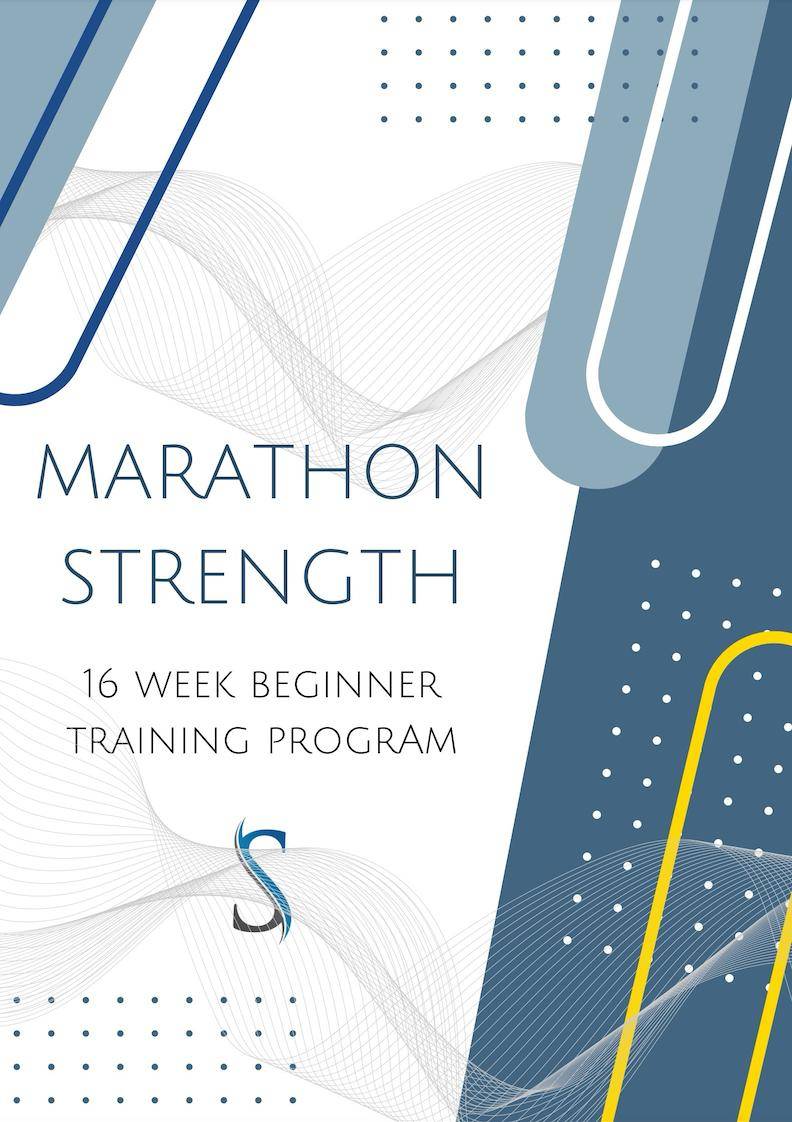
The Link Between Gluten and Pain
Updated: Aug 16, 2023
First things first, I am not a dietician. I am not a nutritionist. I have read a lot about how nutrition can affect pain and recovery, but my strengths lie elsewhere. That said, this particular topic has been popping up in my office more frequently and it deserves some attention.

Have you ever experienced unexplained pain or discomfort after consuming certain foods? Or joint/tendon pain that is unrelated to a specific event or activity? If so, you might be someone that has food sensitivities. One such sensitivity that has gained significant attention in recent years is gluten intolerance. In this month’s blog post, we will explore the relationship between gluten intake and pain, shedding light on how this common protein can affect our bodies and potentially lead to discomfort. So, let’s dive in and understand the connection between gluten and pain.
Gluten is a protein found in grains like wheat, barley, and rye. It gives dough its elasticity and is responsible for the chewy texture of bread and other baked goods. While many people can consume gluten without any issues, some individuals have a sensitivity or intolerance to it. For them, gluten can trigger a range of symptoms, including (but not limited to) what appears very much like musculoskeletal pain.
Gluten sensitivity or intolerance occurs when the body’s immune system reacts negatively to the presence of gluten. When gluten is consumed, the immune system identifies it as a threat and initiates an inflammatory response. This inflammation can lead to various symptoms, including pain and discomfort.
Pain and Gluten Intake:
- The digestive system is often the first area to be affected by gluten intolerance. Abdominal pain, bloating, gas, and diarrhea are common symptoms experienced by individuals with gluten sensitivity. The inflammation caused by gluten can damage the lining of the intestines, leading to pain and digestive disturbances.
- Joints and Muscles: Gluten sensitivity can also impact the musculoskeletal system,

causing joint and muscle pain. In some cases, gluten-induced inflammation can trigger conditions such as arthritis or fibromyalgia, leading to chronic pain throughout the body. On a less serious note, this inflammation can present like chronic tendinosis.
- Many individuals with gluten sensitivity report experiencing frequent headaches or migraines after consuming gluten-containing foods. These headaches can range from mild to severe and may be accompanied by other symptoms such as brain fog or fatigue.
- Gluten sensitivity can also affect the nervous system, leading to neuropathic pain. Numbness, tingling, or a burning sensation in the hands and feet are commonly reported symptoms. In some cases, gluten-induced nerve damage can result in conditions like peripheral neuropathy.
If you suspect that gluten intake may be causing your pain, it’s important to seek proper medical guidance. A healthcare professional can help you determine if you have gluten sensitivity through various diagnostic tests. Keep in mind that self-diagnosis or elimination diets without medical supervision may lead to inaccurate results.
If you are diagnosed with gluten sensitivity, the primary treatment is to adopt a gluten-free diet. This means avoiding all sources of gluten, including wheat, barley, rye, and processed foods that may contain hidden gluten. By eliminating gluten from your diet, you can reduce inflammation and alleviate the associated pain and discomfort.
Gluten sensitivity can lead to pain and discomfort in various parts of the body. By understanding the link between gluten intake and gluten-related inflammation, individuals who experience these symptoms can take steps to identify and manage their condition effectively. If you suspect that your non-specific pain might be related to gluten or other dietary sensitivities, consult with a healthcare professional to receive a proper diagnosis and guidance on adopting a gluten-free lifestyle. Remember, everyone’s body is unique, and what works for one person may not work for another. Stay informed, listen to your body, and make choices that promote your overall health and well-being.


